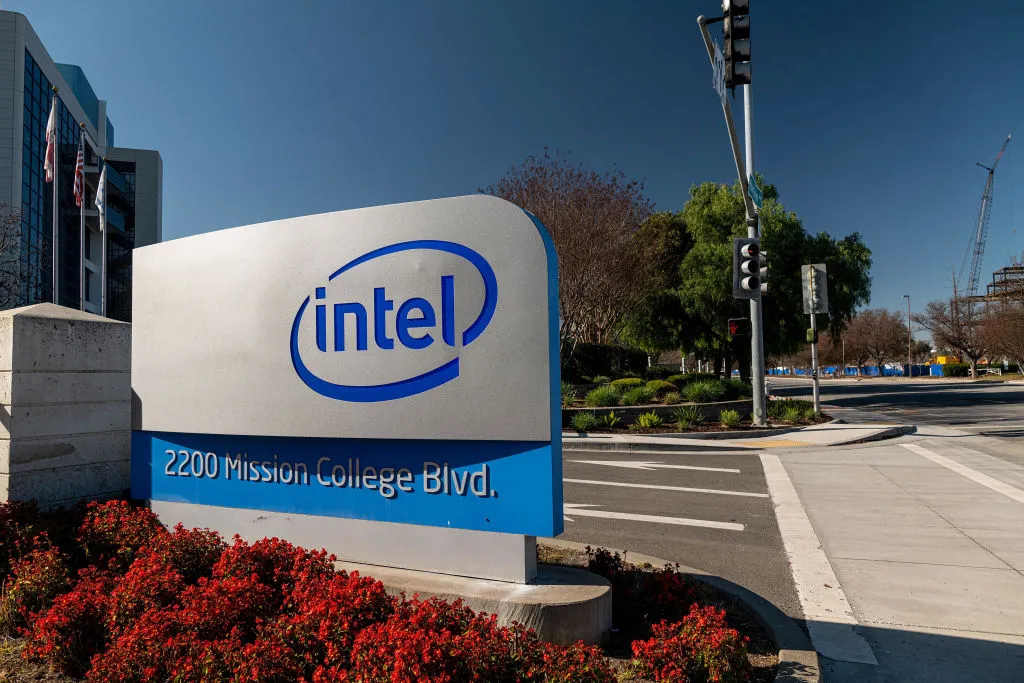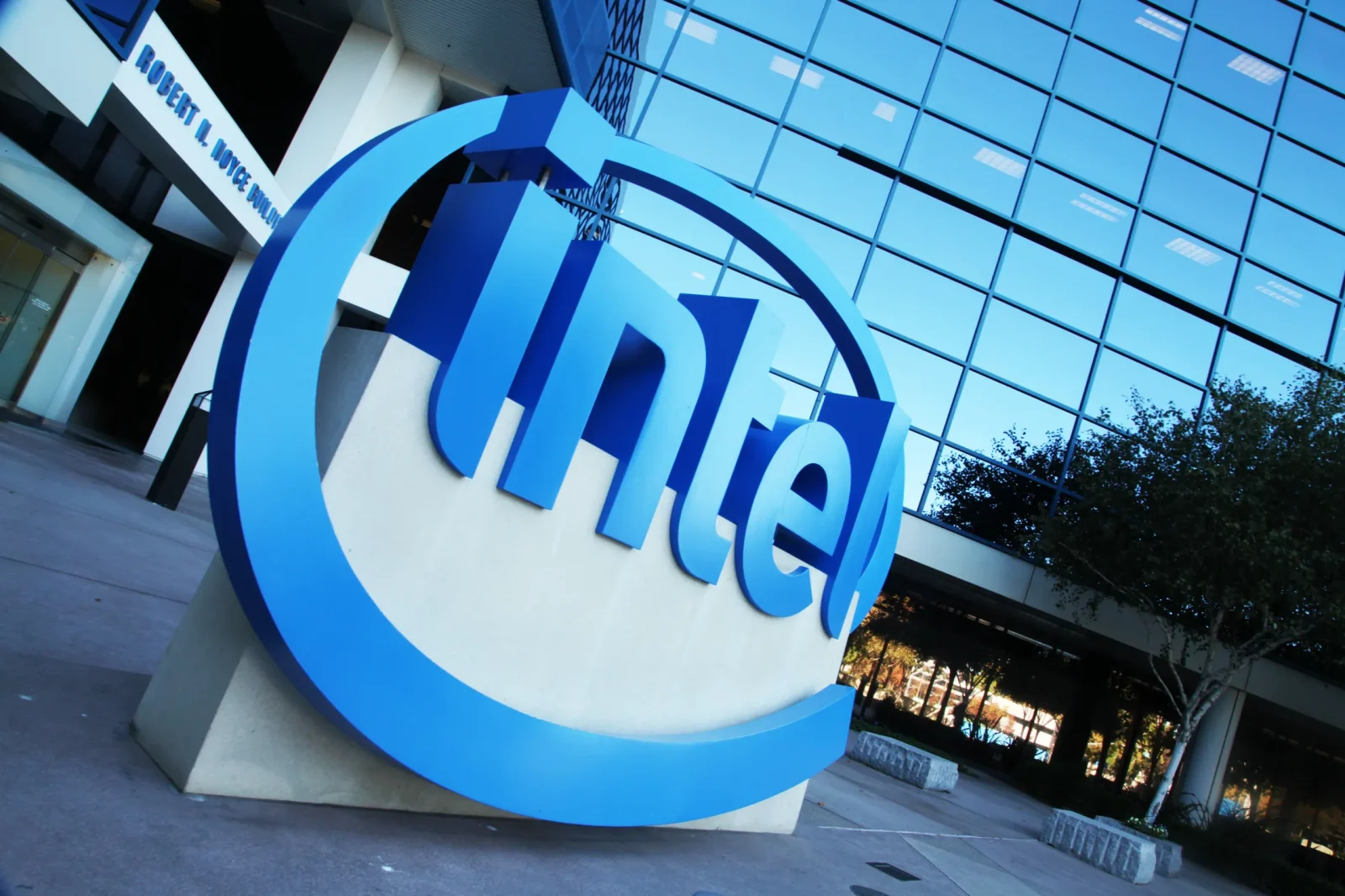Intel’s recent decision to eliminate over 15,000 jobs has drawn sharp criticism from U.S. lawmakers, particularly Republican Senator Rick Scott, who is raising concerns about the company’s use of nearly $20 billion in taxpayer funds.
This decision comes as Intel stands to benefit significantly from U.S. government support through grants, loans, and tax incentives designed to strengthen domestic semiconductor production.
Scott’s primary concern centers on whether these taxpayer dollars are being effectively safeguarded to ensure job creation and maintain high standards in U.S. manufacturing.
Senator Scott has expressed doubts about the Commerce Department’s planned disbursements to Intel, which include $8.5 billion in grants and up to $11 billion in loans.
He questioned whether the department has implemented adequate safeguards to prevent the misuse of taxpayer money by companies that fail to meet the stringent requirements for U.S. manufacturing and job creation.
These funds are earmarked to support semiconductor production facilities in Arizona, New Mexico, Ohio, and Oregon, with Intel committed to reducing costs by $10 billion by 2025.
However, the planned reduction of over 15,000 jobs, mostly occurring this year, raises concerns about whether these public funds will genuinely benefit the U.S. labor market.
Intel’s CEO, Pat Gelsinger, noted that the company’s workforce is currently about 10% larger than it was in 2020, despite a $24 billion decline in revenue compared to 2023.

The job cuts are mainly focused on the company’s headquarters, with a strategy to shift more roles toward customer-facing and operational functions.
Senator Scott has demanded transparency regarding how many U.S. jobs will be impacted by these cuts and what this means for Intel’s planned semiconductor investments.
He also questioned why such a significant investment of U.S. taxpayer money has not been sufficient to prevent these substantial layoffs.
While the Commerce Department declined to comment on Scott’s letter, it reiterated that the funding is expected to create thousands of jobs across several states.
The coming period is crucial for Intel as it faces increased scrutiny over its restructuring plans amid substantial public funding.
As the Commerce Department finalizes its awards, Intel will need to provide a clearer explanation of how it plans to meet the job creation expectations tied to the funding.
The semiconductor giant’s ability to balance cost-cutting with job creation will be closely watched, and its approach could influence future government policies on corporate funding and accountability.







Leave a Reply